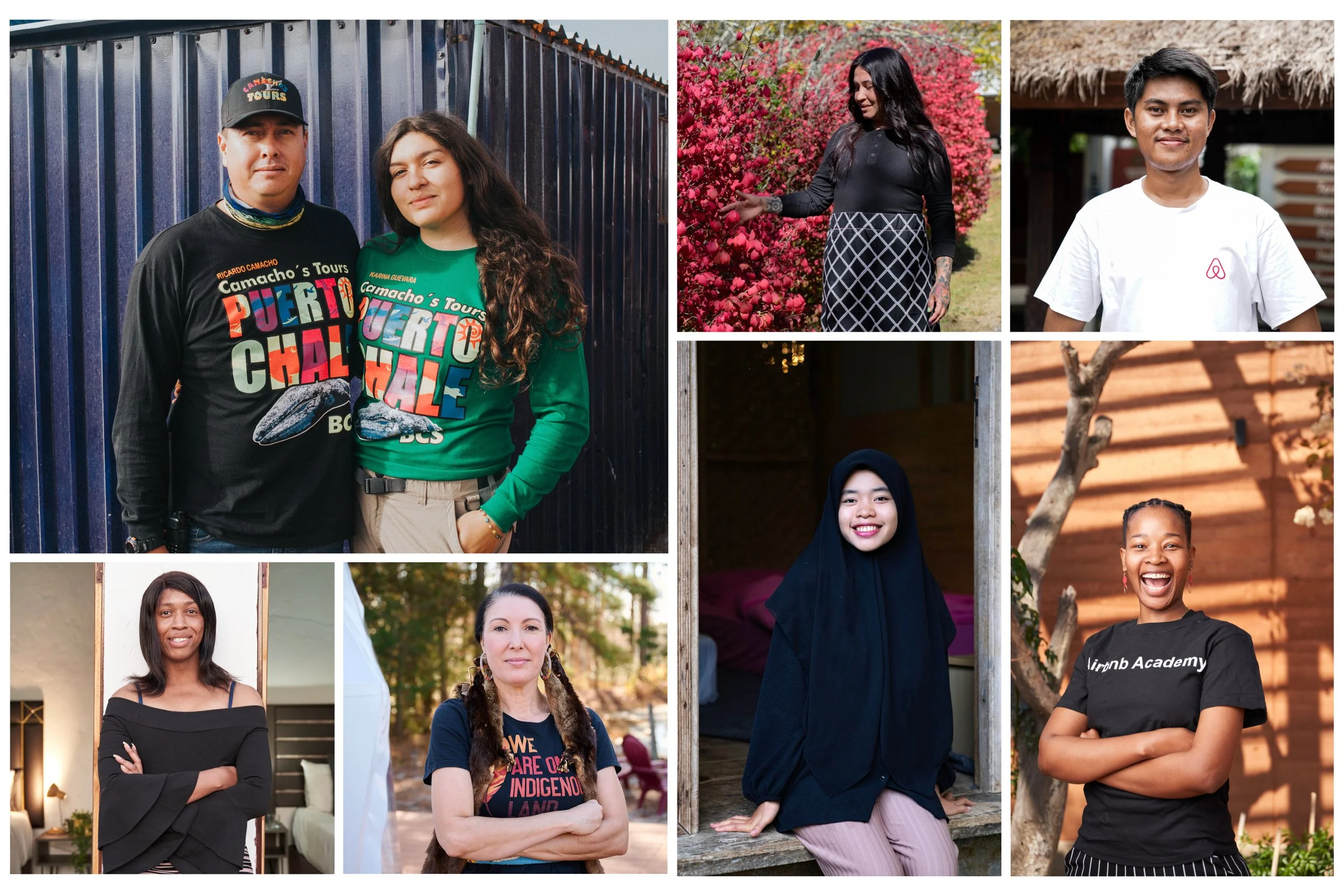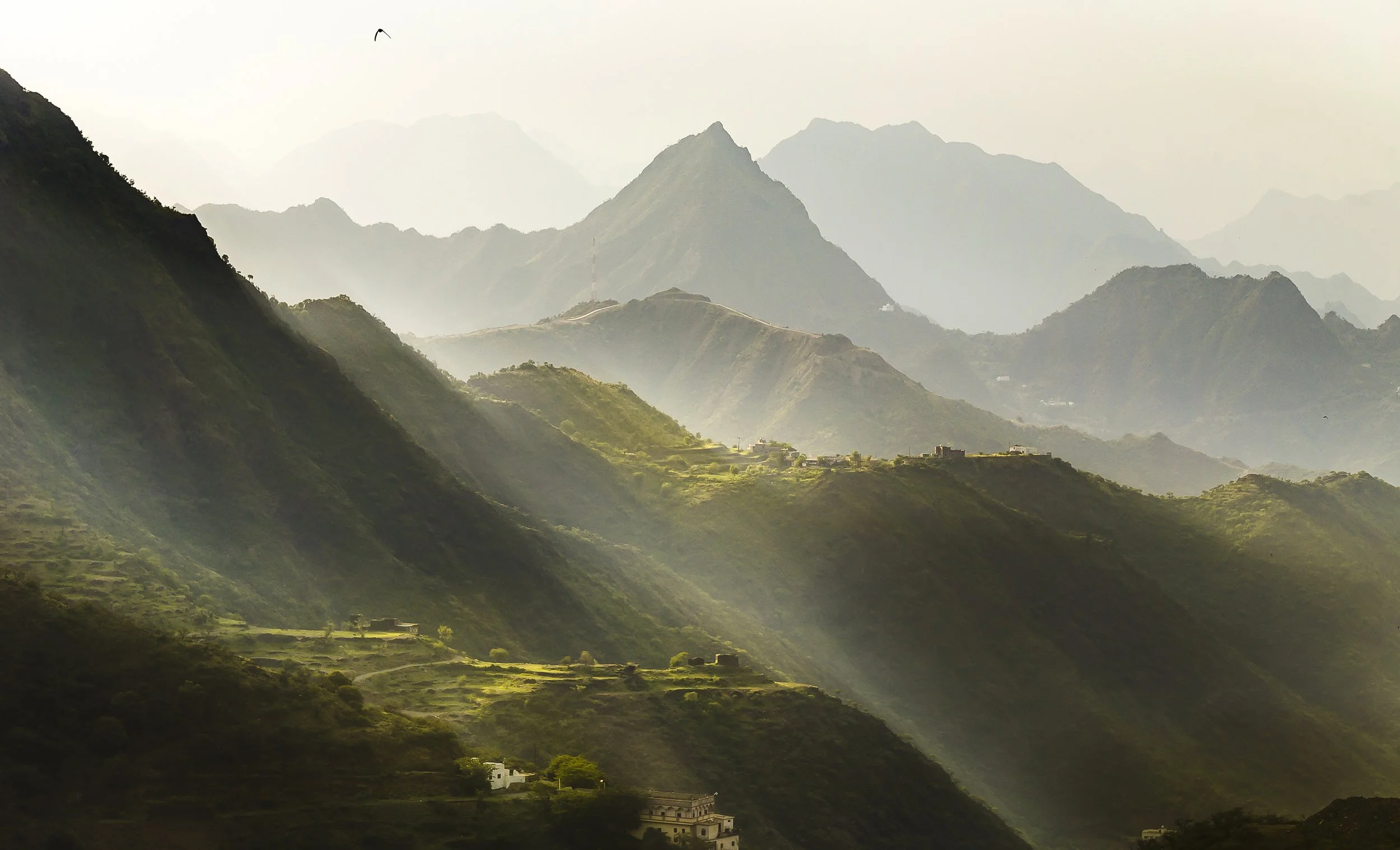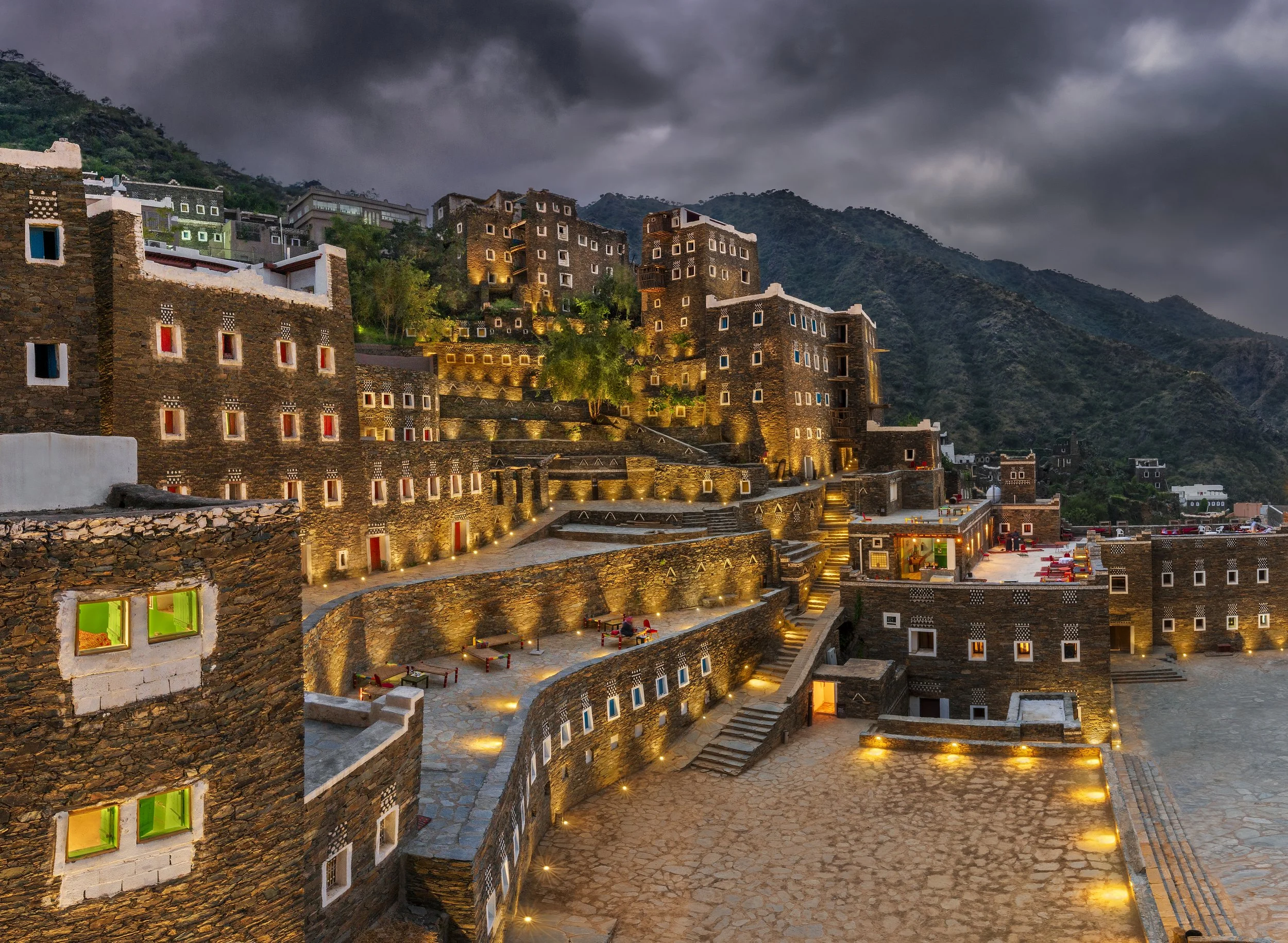Tourism and Sustainable Transformation - Education
For the official World Tourism Day 2025 campaign details, please visit the official website.
As the world faces rapid changes in climate, technology, and society, the need for sustainable transformation has never been greater. It’s no longer just about recovering from past challenges — it’s about redesigning systems for a more resilient, inclusive, and balanced future.
The theme of World Tourism Day 2025, Tourism and Sustainable Transformation, reflects this global momentum. Tourism is uniquely positioned to lead the way — connecting people, creating livelihoods, and shaping perceptions across borders. To truly drive transformation, however, tourism must evolve in ways that are smarter, fairer, and more inclusive.
At the heart of this evolution are four interconnected pillars:
Education: To empower people to make better choices
Governance: To ensure fair and responsible progress management
Innovation: To bring creative solutions
Climate Action: To protect our planet
When these pillars come together, tourism becomes more than just visiting places—it turns into meaningful tourism, where every journey respects local communities, protects culture and nature, and creates authentic connections. This is the essence of sustainable tourism: meeting today’s needs while safeguarding opportunities for the generations to come.
Through a special blog article series, PATA sets off to highlight each of the pillars through inspiring initiatives led by public and private organisations across the Asia Pacific region and beyond. From climate action projects that preserve fragile ecosystems to governance models that strengthen cooperation, these examples show how transformation is already taking shape in tourism.
As we begin this journey through the four pillars, the focus of this first blog post is on Education, exploring how knowledge-sharing drives long-term change.
Education
Education is the bedrock of sustainable transformation. It works by training youth, raising awareness, and sharing essential knowledge — ensuring that everyone, from future leaders to frontline workers, understands their role in shaping a better future.
By equipping stakeholders with the right tools, education turns awareness into action and fosters a shared sense of responsibility that drives long-term progress.
Below, we highlight four organisations demonstrating how education in tourism can transform communities and strengthen sustainability at every level.
Airbnb “Capacity Building & Digital Skilling”
Since its beginnings in 2007 with two hosts in San Francisco, Airbnb has blossomed into a global platform with over five million hosts connecting travelers to unique local experiences.
Mich Goh, Director of Public Policy, Asia Pacific, explained that education is one of the main cornerstones of their work at Airbnb. In 2017, they launched the Airbnb Entrepreneurship Academy, a programme where the company partners with local organisations around the world to develop tailored programmes that help participants become tourism entrepreneurs. In total, they have partnered with over 50 organisations, hosted more than 100 Academies, and helped more than 4,500 participants in 12 destinations around the world.
Accompanying the programme is a suite of tools and resources equipping hosts and guests with tips and guidance from cultural heritage to summer safety, helping power the kind of travel that communities need most.
Airbnb Entrepreneurship Academy
UNESCO and Airbnb Partnership in Bali
Stay Summer Safe campaign in Australia
Aseer Region Development Authority “Targeted Training & Strengthening Awareness”
Located in the southwest of Saudi Arabia, the Aseer region is a land of phenomenal natural sites and rich cultural heritage — from misty mountains and desert scenery to long-stretching history.
According to Hatim Al-Harbi, Chief of Tourism Sector (DMMO), Aseer Region Development Authority (ASDA), sustainability is at the heart of the organisation’s mission to drive responsible tourism in Aseer. Through targeted training programmes that centre sustainability as part of daily practice for their teams and partners across the tourism sector — covering subjects such as energy efficiency, waste reduction, and eco-friendly hospitality standards — ASDA built the capacity to adopt practical green initiatives and embed them into daily operations.
By aligning education with action, ASDA has positioned Aseer as the first region in Saudi Arabia to implement sustainable tourism initiatives, creating a model for others to follow. Their approach empowers local businesses, strengthens community awareness, and inspires visitors to become part of the solution.
Al-Qatt Al-Aseeri
Rijal Heritage Village
Wise Steps Group “Hands-on Training for Quality Tourism”
Wise Steps Group is a social enterprise in Indonesia dedicated to driving positive change through tourism, harnessing its power to strengthen local economies, protect culture and nature, and promote equality.
According to Mochamad Nalendra, CEO & Founder of Wise Steps Group, responsible tourism can transform not only the industry but also the mindset of travellers and the livelihoods of local communities. To achieve this, Wise Steps focuses on hands-on training and education that enhance local capacity, working closely with government, communities, industry, and academia. Their programmes centre on sustainability, quality tourism, and the circular economy.
The organisation developed the “Blue-Green-Circular Economy (BGCE) in Tourism” framework and conducts workshops with universities and training institutes across Indonesia. In collaboration with InJourney, Asia’s largest state-owned tourism ecosystem enterprise, they deliver community-based capacity-building programmes that reach hundreds of practitioners and local leaders. By blending interactive classroom sessions, games, discussions, and co-created action plans, Wise Steps ensures that learning translates into measurable and enduring benefits for communities.
Visa “Grassroot Training for Wholistic Transformation”
As a world leader in digital payments, Visa leverages its network to drive inclusive growth and financial empowerment.
Throughout 2022-2023, PATA and Visa partnered to create the “Informal Workers Programme” and the “Finance and Digital Skills Workshops for Tourism SMEs“ to support the sustainable transformation in tourism through education.
The Informal Workers Programme was implemented in Bali and Jakarta, Indonesia, in collaboration with Wise Steps Consulting. A total of 502 tourism informal workers received hands-on training on digital marketing and mobile photography, cross-cultural communication, financial management, digital payment methods, and health and hygiene in food handling. The programme ensures the recovery and resilience of micro businesses post-pandemic through new knowledge and skills.
The Finance and Digital Skills Workshops for Tourism SMEs, conducted in the Philippines, Cambodia, Vietnam, and Indonesia, were designed to improve financial management and digital literacy in tourism businesses. The trainings supported SMEs by equipping them with skillsets essential to thrive in a fast-changing and increasingly digitalised world. This training is also available online, free of charge >
This article is part one of the PATA blog series celebrating World Tourism Day 2025, which was under the theme “Tourism and Sustainable Transformation”. Across the four articles, PATA delves into the four pillars of sustainable transformation. Check out more of our series: Innovation, Climate Action, and Governance









